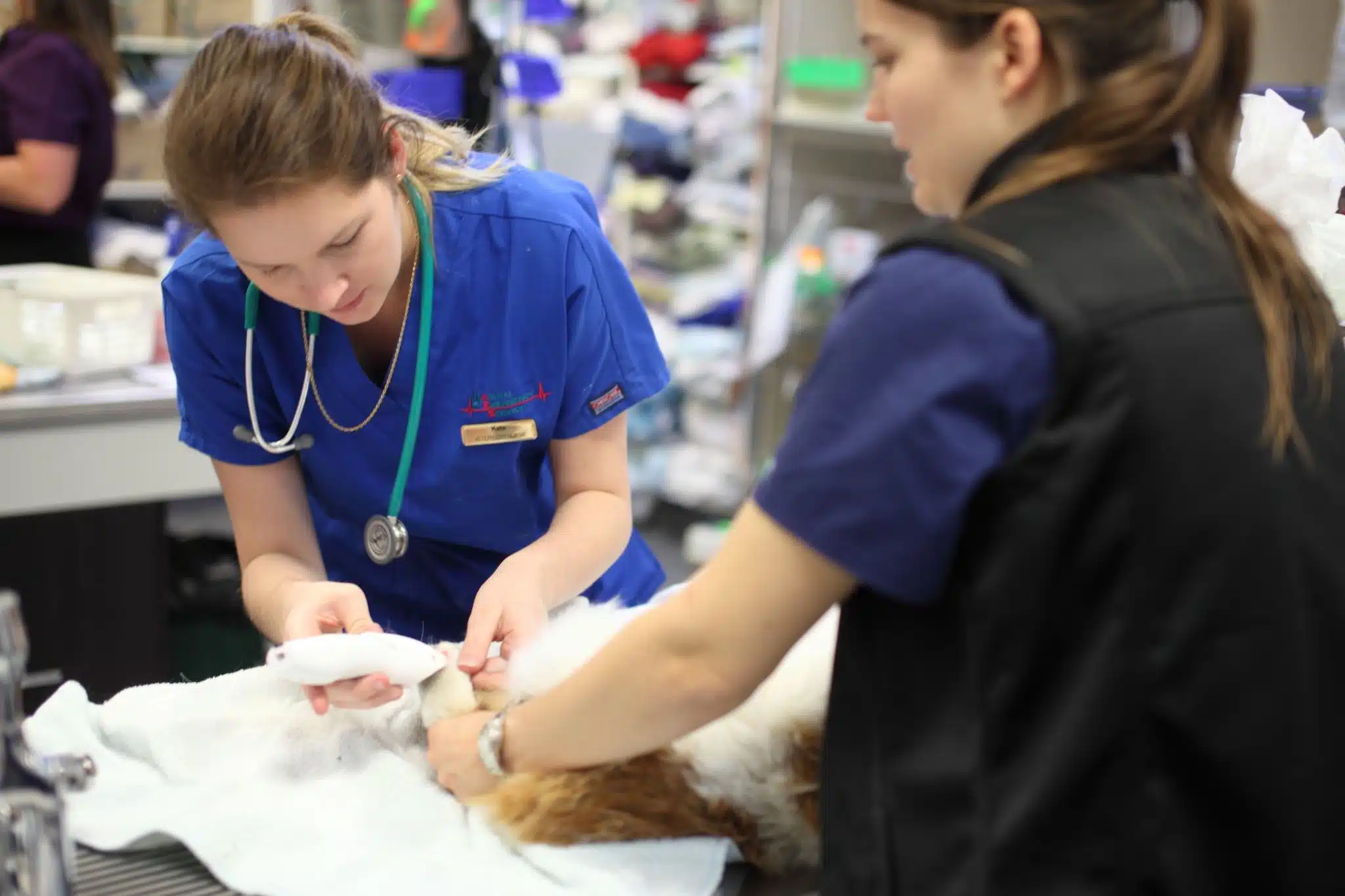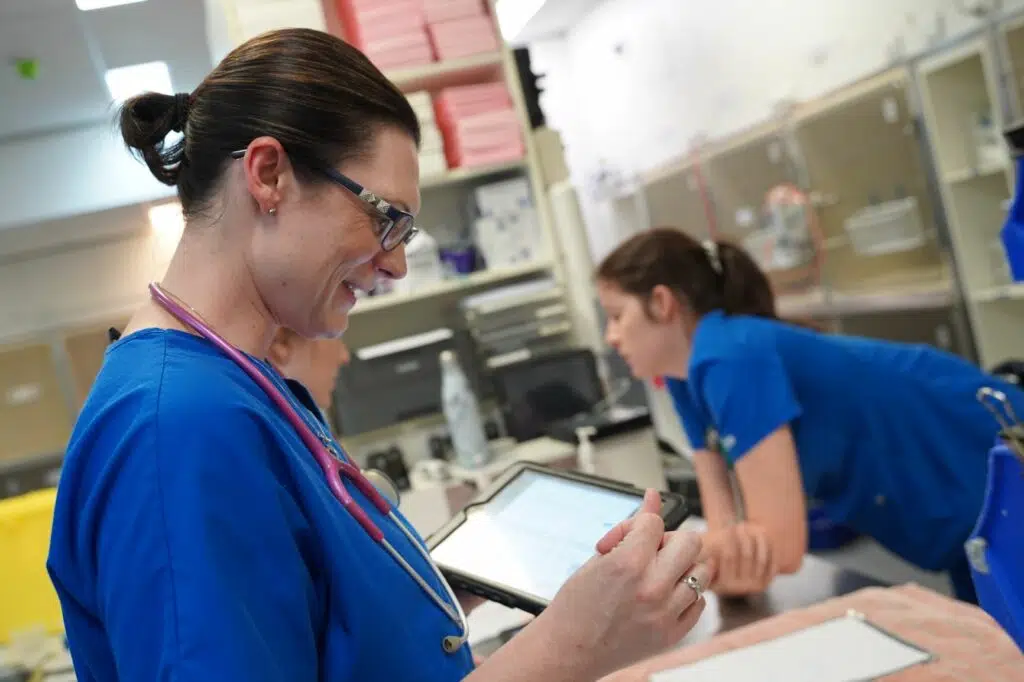So you’re on parental leave, doing the sleepless nights, endless nappy changes, and everything else required to keep a small human alive. Then, when you’re getting the hang of things… it’s time to start thinking about returning to clinical work. The thought is enough to raise the hair on the back of your neck! How on earth do you transition to the dreaded working parent juggle – and do more than just survive?!
Now if you’re a mum you’ve likely taken some extended time off. Almost 95% of primary parental leave takers are mums, with 32 weeks being the average length of their parental leave, (ABS 2011 & 2017). Suffice it to say a lot can change in that time, both at work and at home. Returning to work will also mean further adjustments for the whole family. For some mums, it will involve leaving bub for the first time.
So what do you do? You plan of course!
Here are the top 5 areas to thoroughly plan to create a smoother transition back to clinical work that supports your future career growth.
Returning to Clinical Work – Childcare Arrangements
-
-
- Explore your childcare options as early as possible. It may take some time to find an option you’re comfortable with. In some places, you may need to put your child’s name down at birth to secure a vacancy.
- Road-test new care arrangements before your return to work if possible. This is because changing care arrangements can be emotional for both you and your child. So it’s best not to test it out on your first day back at work! FYI some day-cares provide a couple of weeks transition program at no extra cost
- Create a new family routine of who’s doing drop offs/pick ups, and the best route to/from work via childcare.
-
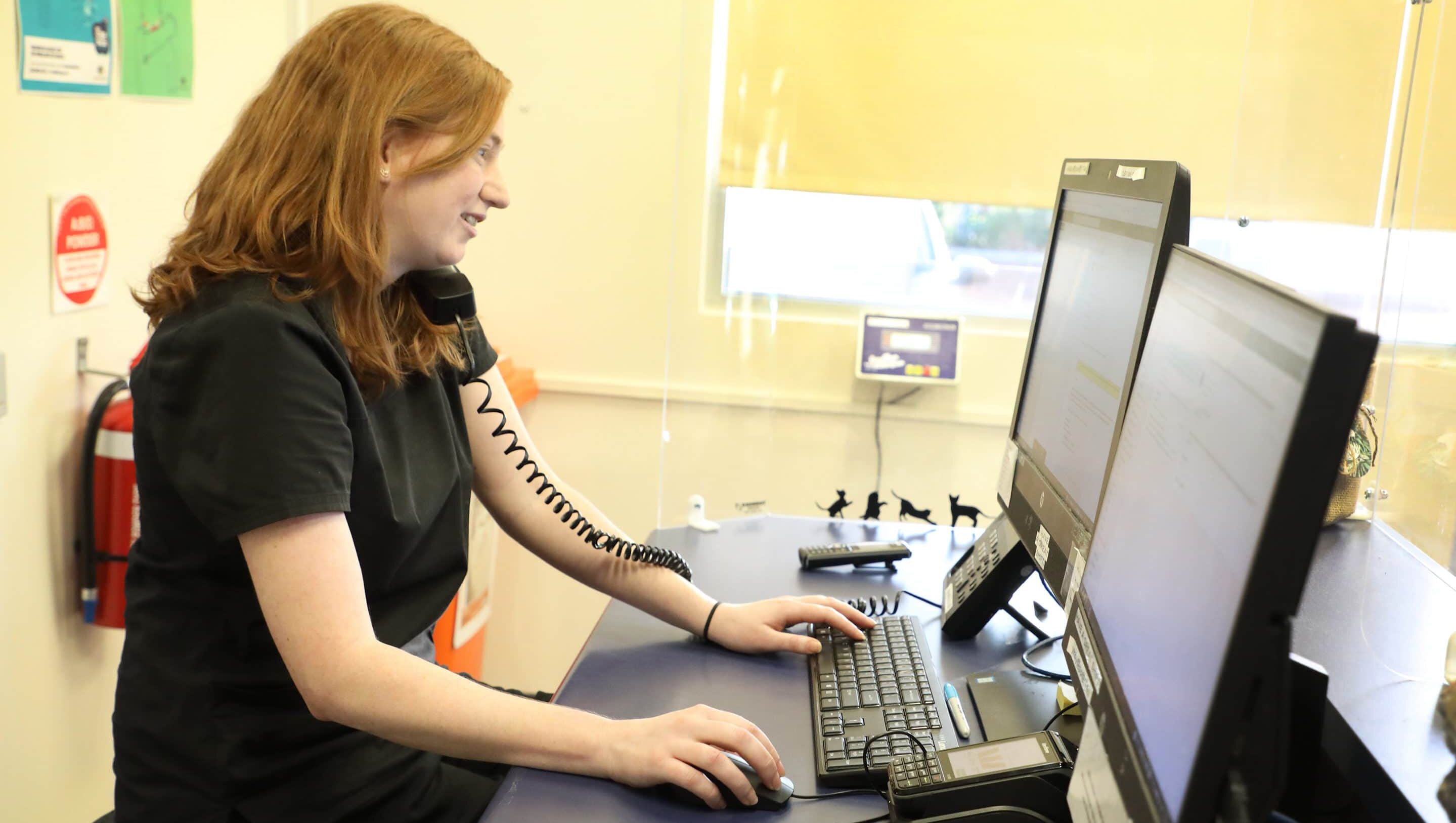
If You Are Returning to Your Former Workplace
-
-
- Confirm with your manager your return to work date (check your organisation’s policy for when you need to advise). Discuss any organisational changes that occurred in your absence, eg product/service offerings, your team, your key stakeholders, your role, etc. Getting across this information now will ensure you’re not too out of step when you return. (FYI – you have a right to return to your pre-parental leave role. See Fair Work for more information).
- Negotiate flexible work arrangements that can help you create a better work/life balance such as a job-share, compressed working week or 9-day fortnights, reduced hours, working from home, changed start and finish times, etc. Check your eligibility, have a conversation with your manager, and then follow up in writing. Fair work provides a template letter that outlines everything to be considered in a request. N.B. your employer has 21 days to respond so make sure you get in early to settle everything before your return to work.
- Hit the ground running – ask about handover, to be added to any relevant recurring meeting invites, and if possible, have your manager set up meetings with your key stakeholders for your first couple weeks back at work.
-
Breastfeeding After Returning to Clinical Work
-
-
- If you need to express milk at work, ask your manager or HR about the organisation’s policies and if there are suitable onsite facilities (eg private room with a lockable door, power point, chair, table, and access to a fridge to store breast milk). Employers are required to provide adequate facilities otherwise it may constitute discrimination and a breach of work health and safety laws.
- Negotiate break times that support your needs, and do a practice run of expressing milk at these allotted break times to see how it works.
-
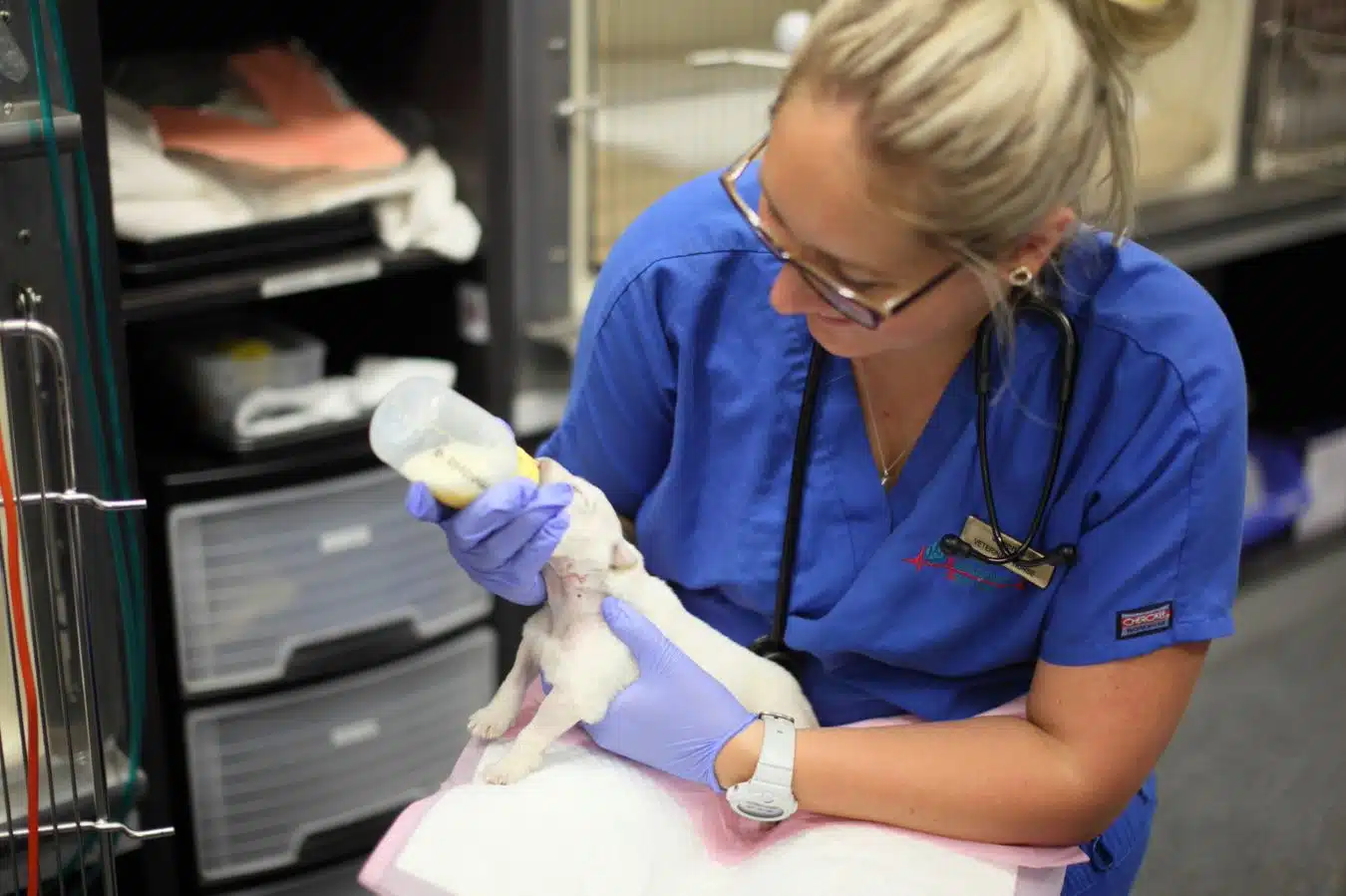
Set Expectations for Returning to Clinical Work
-
-
- With your manager – discuss both your manager’s and your own expectations for your role. Talk about the support you’ll need from them as you return to work, and advise that things may change over time as you adjust to being back at work and juggling your new parental responsibilities.
- With colleagues – let people know your working days and times. For example, tell them if you need to leave at 5 pm on the dot to make childcare pickup. This makes it less awkward, and hopefully less likely that someone approaches you for a last-minute consult at 4:59 pm.
- With yourself – don’t assume everything will be like it was pre-baby, and that you’ll just slide straight back into work. Be kind to yourself and acknowledge there will be an adjustment period. If possible, make your first week back fewer hours than your usual load.
-
Get support
-
-
- Career Coaching – I promise I’m not just advocating for what I do! I’m recommending it because having expert advice can really make a big difference when navigating life’s challenges – you can get to where you want to go more quickly and avoid some common pitfalls – particularly when it comes to returning to work.
- Peer Support – connect with other parents in your workplace. They’ve been there, they get it, and they know what helps when transitioning back to work.
- @ Home – according to The Royal Children’s Hospital Melbourne, it is common for healthy children to have up to 12 viral illnesses per year in the first few years of life. That’s an average of once a month! Check your entitlements to carers leave and identify what care options would be available when your child is unwell.
-
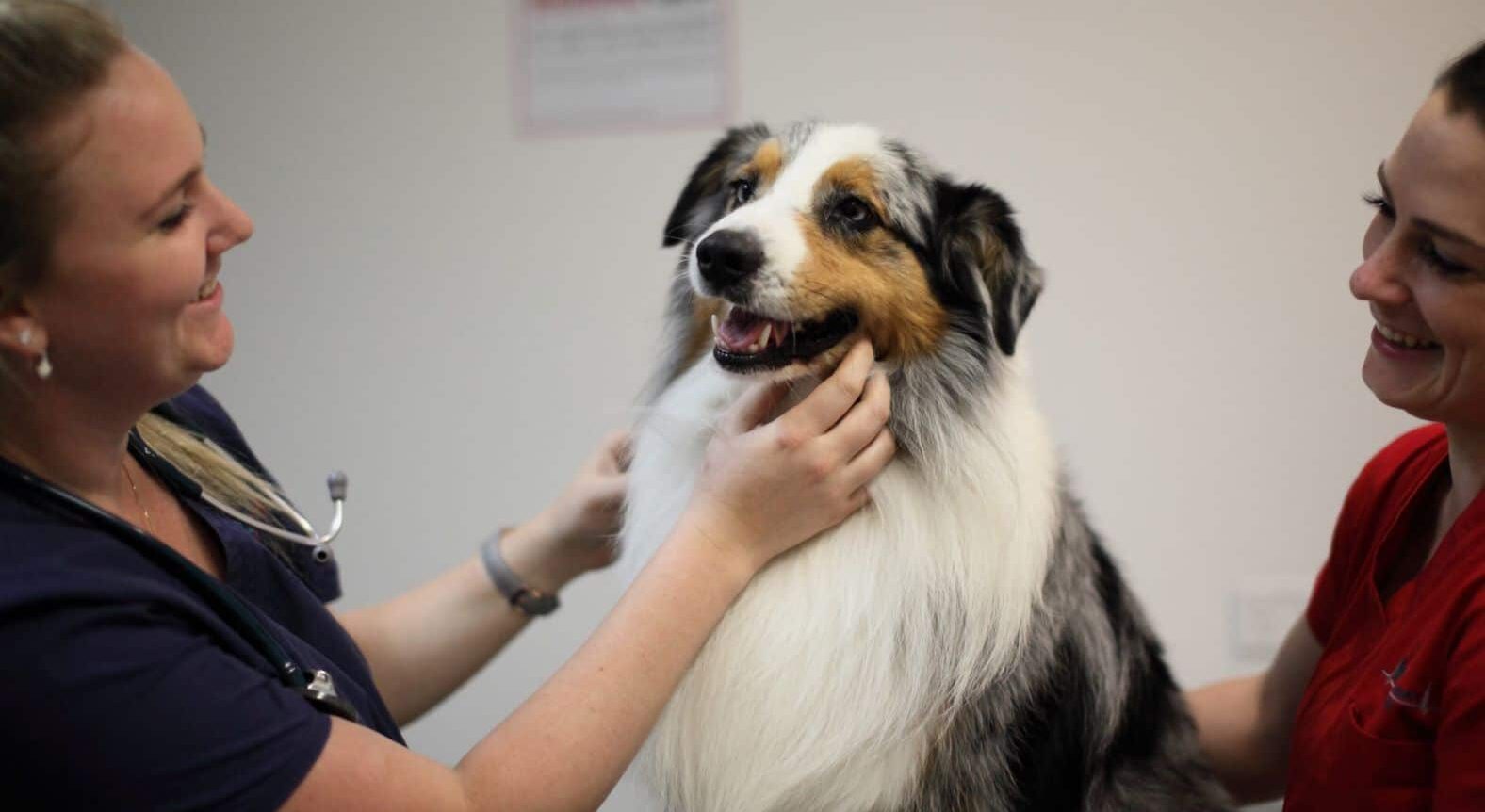
Final Advice About Successfully Transitioning Back to Work After Parental Leave
When you’re preparing to return to work, be honest with yourself about how much you can take on (I’m talking hours of work, level of stress/pressure, the complexity of work, etc). Initially, it will simply be a matter of making the best guess and seeing how it all works out.
Try to set yourself up so you can function well at work, don’t make it a daily survival test. Instead, gather the support you need to create a sustainable combination of work & home demands. Check out our news blog called Work-Life Balance as a Vet Professional for some tips on where to start.
And remember, things are likely to change over time – and you can change your arrangements if you need to.

Author: Erica Hatfield
Career Development Practitioner | Workplace Gender Equality Expert | HR Professional | Psychologist
Her unique culmination of work expertise, personal life experience, and passion for gender equality have equipped her to empower women to redefine what’s possible and redesign their futures to live it with purpose, balance and ambition.

